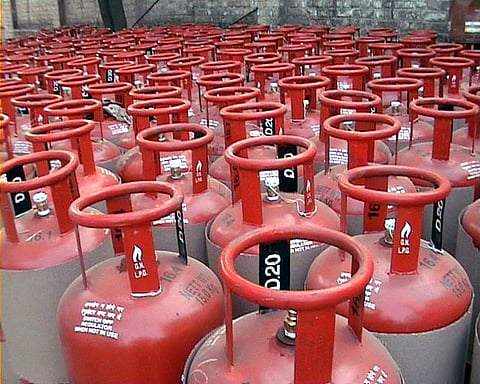"The Ministry has not alleged that Reliance did not pay to them their share of profit petroleum for the entire quantity of gas extracted by Reliance, including migrated gas," the order stated.
"In the above backdrop, the arbitral tribunal holds that nondisclosure of one solitary D&M Report-2003, though a technical breach of terms of the Production Sharing Contract (PSC), was not a material breach of the contract. The arbitral tribunal also holds that the Ministry would not have ordered unit-development. The arbitral tribunal holds that the Ministry was not deprived of the benefits of Reliance producing gas from the contract area."
The court opined that the aforesaid inferences are factual conclusions arrived at by the arbitral tribunal, which cannot be second guessed by this court in exercise of its powers under Section 34 of the Arbitration and Conciliation Act, 1996.
It said that the factual conclusions are perfectly rational, coherent and logical, especially considering what was comprised in the PSC was a purely commercial transaction entered into by two contracting parties.
"This court is accordingly not persuaded to hold that the conclusions drawn by the arbitral tribunal are such that no reasonable person would reach. Suffice it to say that the view taken by the arbitral tribunal is most certainly a 'possible view', which calls for no interference," the court said, adding that as a sequitur to the above discussion, this court finds no ground to interfere with the majority arbitral award, which is accordingly upheld.
Accordingly, Justice Bhambhani dismissed and disposed of the petition with pending applications, if any, standing disposed of, too. [IANS/NS]


